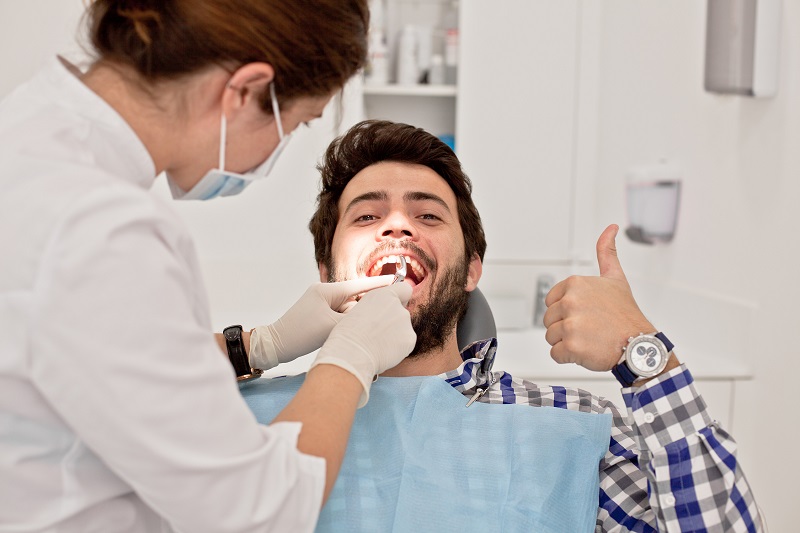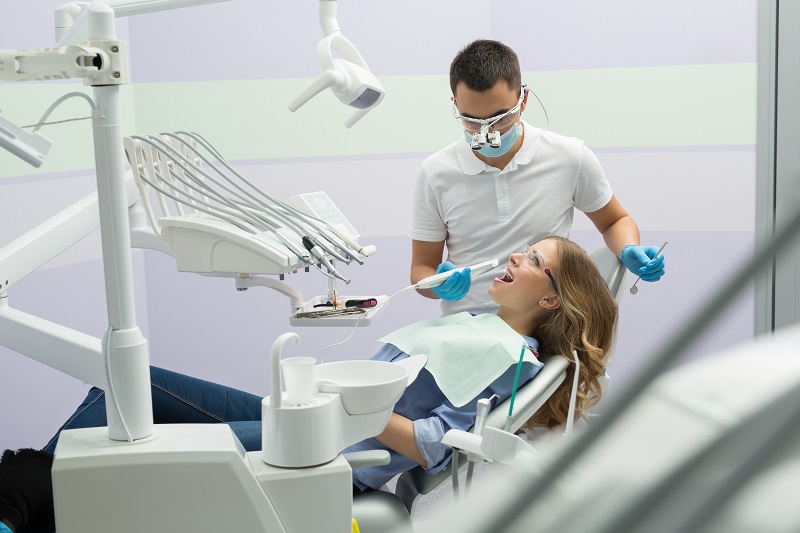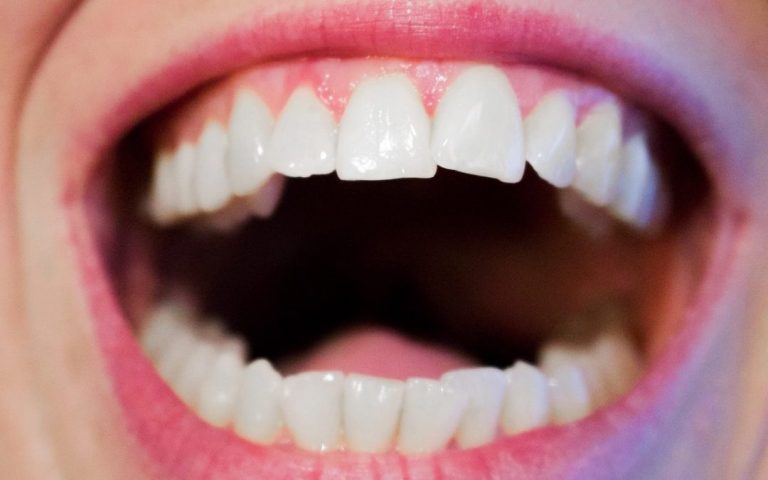A wisdom tooth is the last adult teeth located at the back of the upper and lower jaw of the mouth. These wisdom teeth are commonly missing in many adults mouths. It is also believed those wisdom teeth, if they come, will make you smarter. This notion is not true, and it is called wisdom teeth just because they usually come in when you are older, around ages 17 to 21. One gets these tooth two on the upper jaw and two on the lower jaw. Thus it will complete the set of 32 teeth.
Why Remove A Wisdom Tooth
If healthy, Wisdom tooth can help you chew, but if you suffer pain, contact your doctor immediately. Usually, it pains when the wisdom tooth does not get enough space to surface properly and therefore come in the wrong position. This is the situation when you require wisdom teeth removal. It is important to remove wisdom teeth because of the following reasons-
- The wisdom teeth can allow the food to get trapped and thus cause bacteria to grow.
- It also becomes difficult to floss between the wisdom teeth and the molars next to it.
- They may also cause infection resulting in pain, swelling, stiffness and gum disease.
- The wisdom teeth may also damage their neighbouring teeth by forming a cyst.
Therefore your dentist may recommend a wisdom teeth removal if you face these common problems.

Process Of Wisdom Teeth Removal
Whenever your dentist says for the removal of wisdom tooth, he may refer an oral surgeon. There are specific steps to be followed before the surgery, during and after the surgery.
Before the wisdom teeth removal surgery, the oral surgeon will ask you about any other health problems or past medical history. Also tell him if you intake any medications or drugs on a regular basis. You can also discuss any query about the surgery with the surgeon, such as how it will be performed or what type of anesthesia is to be given. Plan the time for the surgery and set an appointment. Also, follow the doctor’s directions for what to eat and drink before the surgery.
During the surgery, the surgeon will first give you an anaesthesia that will numb your mouth so that you do not feel any pail while removing teeth. It may be any local, general or IV sedation anaesthesia. After making your mouth numb, the doctor will cut your gums to get the wisdom teeth out. If done so, he will stitch the wound so that they heal quickly.
After the process of wisdom teeth removal you may feel drowsy because of the anaesthesia. Everyone responds differently to the anaesthesia; one might recover early while the other may remain fainted. You may also feel some pain and swelling after a few days of surgery, but if it continues severely for a longer time, please contact your doctor immediately.
Do’s And Don’ts After Teeth Removal
After the wisdom teeth removal eats soft foods like soup and drinks plenty of liquids. Take the medications as prescribed by your surgeon at the proper time. Use an ice pack on your mouth if you have swelling, and use moist heat for a sore jaw. Open and close your mouth gently for the exercise of the jaw. If the swelling, pain or any other problem continues, visit your doctor.
There are also certain things to avoid after the wisdom teeth removal surgery for quick healing. Do not eat hard or crunchy food as it may scratch the wounds. Also, do not rinse your mouth very harshly; just rinse it gently with salt water. Also, you should consider avoiding smoking and alcohol for some days as it may slow the healing.
Final Words
Suppose you want to keep your wisdom teeth. In that case, they should be monitored regularly as they can develop problems later in the future. Be sure to visit your dentist regularly to evaluate your overall dental health.




